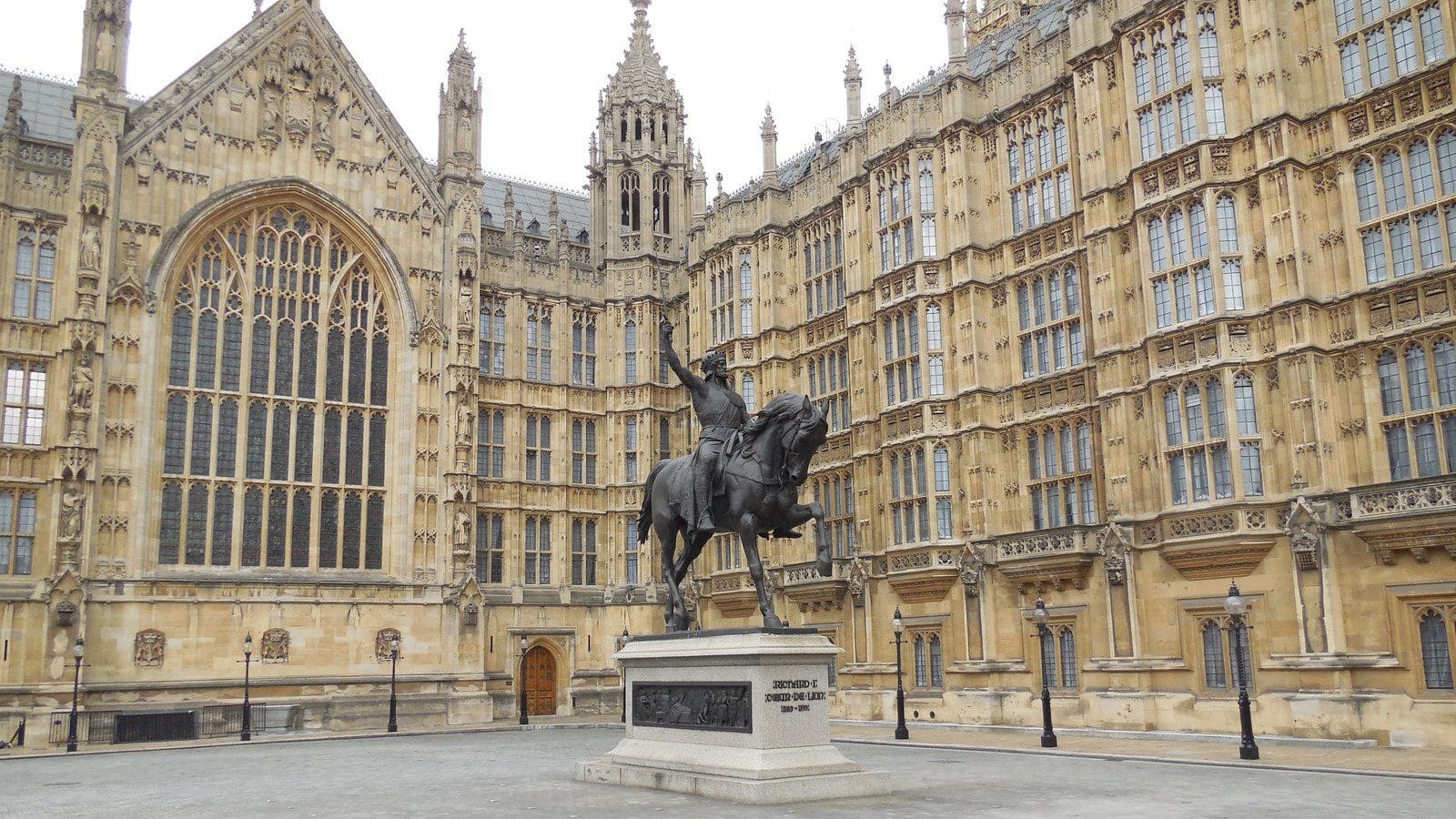I was pleased to attend the National Conservatism Conference in London last week as a fellow of the Danube Institute. We travelled to London with a delegation of Hungarian thinkers, writers and policy analysts.
The NatCon Conference, a project of the Edmund Burke Foundation, ‘brings together public figures, journalists, scholars, and students who understand that the past and future of conservatism are inextricably tied to the idea of the nation.’ The need for such a movement arises out of the dissatisfaction and division among worldwide conservatives
over the status quo of our political parties and representatives on the right.
The principal organizer of the conference, Yoram Hazony opened the proceedings:
‘We have to take the nation and put it back at the centre,’ Hazony said. ‘There’s been a movement in Britain in the last few years to do just this; it began with Brexit, the idea of national independence.’
Yoram Hazony | British Restoration | NatCon UK
Yoram Hazony’s address at the London National Conservatism Conference on May 15, 2023.
With no appreciation of our history and past, there can be no chance for hope for our future. One particularly well received presenter, the British parliamentarian Miriam Cates expressed: ‘And that hope is not reaching so many of our young people today, because liberal individualism has proved to be completely powerless to resist a cultural Marxism that is systematically destroying our children’s souls.’
While there were prominent politicians both as attendees and presenters, the assembly included among the UK’s greatest conservative thinkers, authors, journalists and public intellectuals. All were
far from in harmonious agreement on what is needed to preserve the freedoms born in our respective national heritages.
Where dissension existed, it was mainly over economic matters with some presenters falling strongly on the free market side, whilst others advocated the need for protectionism and strategic industrial policy for strong nations.
Keynote speaker, author Douglas Murray shed some light on these divisions: ‘As Roger Scruton observed, conservatives are always at a disadvantage because everyone is conserving something different…This has made the job of conservatives infinitely harder than the simplicities and banalities of the Left.’ However, few in the room, no matter their economic beliefs, could take issue with the remarks of former Brexit negotiator, Lord Frost who stated in his address:
‘We can’t believe that the right way to rebuild national cohesion is through an intrusive state and high spending.’
But there was strong consensus that national culture is worth preserving and that love of country and safeguarding of national institutions and heritage is critical. History, values, language, culture, religion all must be preserved against the efforts of the progressive left to erase and destroy them.
There was an energy in the venue that was fuelled not only by the calibre of the presenters, which was top flight, but also by feeling unconstrained by the politically correct doctrines of the day. Moreover, it was certainly gratifying and hopeful that
this was no stodgy assembly of old white men, like those on the left like to paint conservatives.
On the contrary, 40 per cent of the attendees were under 30 years old. So too, many were female. As conference organizer, Professor James Orr noted ‘We’ve got truth on our side. We’ve got youth on our side.’
The UK was an excellent setting for public debate over the future of conservatism after recent turbulence among the long-time ruling Conservative party that has resulted in three different Prime Ministers in 2022. In her speech, journalist Melanie Philips posed a provocative and existential question: ‘If the Conservative party doesn’t defend education, population capacity, scientific reason or freedom against coercion and bullying, what’s the point of the Conservative party?’
A major focus of the conference in London was placed upon pro-family policies to increase population as an alternative to immigration. Traditionally, Britain has not focused on declining birth rates, aging societies, and pro-family policies to offset population declines.
As opposed to that, in its own commitment to preserving national culture and values, Hungary has pursued fruitful efforts to support families and prevent leftist indoctrination of young people through the public education system.
Like elsewhere in Europe, in Hungary the number of marriages had been declining, dropping 23 per cent between 2002 and 2010. In a 2021 interview, then Hungarian Minister for Families, Katalin Novák spoke of the success of the Fidesz government policy in incentivizing marriage, ultimately doubling the number of marriages in Hungary since 2012.
Family Policy: Investing in Hungary’s Future – The American Conservative
In his 2017 book The Strange Death of Europe, Douglas Murray remarked on an odd phenomenon. Despite steep demographic decline, he observed, most British women-and many Europeans-indicated a desire for more children than they were having. In fact, in some nations, population declines could be reversed simply by women having the children they claimed to want.
Ms Novák explained: ‘Our tax system is very family-friendly…The more children you have, the less personal income tax you pay. From January 1, 2020, mothers with at least four children have a full exemption from personal income tax. They don’t pay personal income taxes ever in their lives.’ Valuable policies that strengthen and support Hungarian families also extend to student loans and home ownership.
As if to anticipate some of the big government concerns of the NatConUK attendees, Ms Novák explained in the interview: ‘There is a difference, between Hungary’s family polices and social policies.’ She continued: VWe cannot and should not take over this responsibility of the parents…What we do in Hungary, and what we recommend, is decreasing or eliminating the disadvantages of those who are having children.’
Hungary’s proven policies in supporting families and young people hold promise for the theoretical principles of one of the most focused-upon topic at NatConUK.
Perhaps it is time to consider Hungary as a venue for a future conference.







